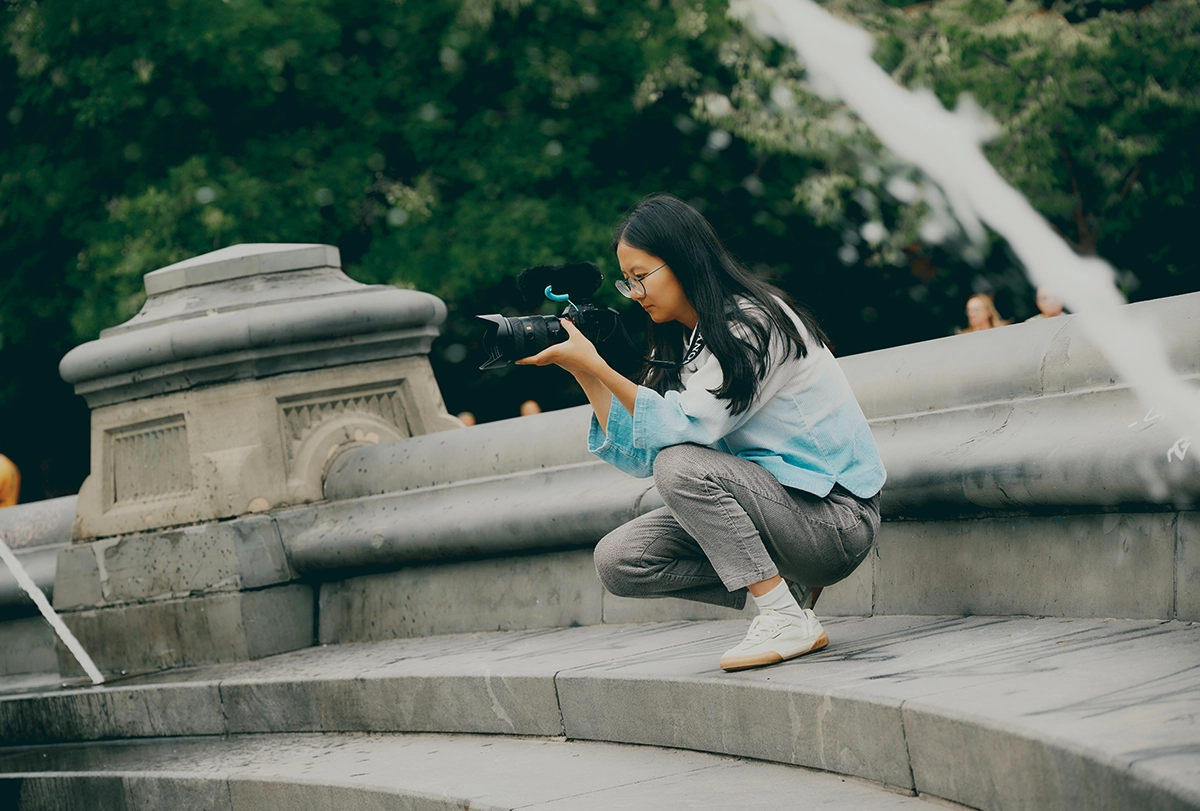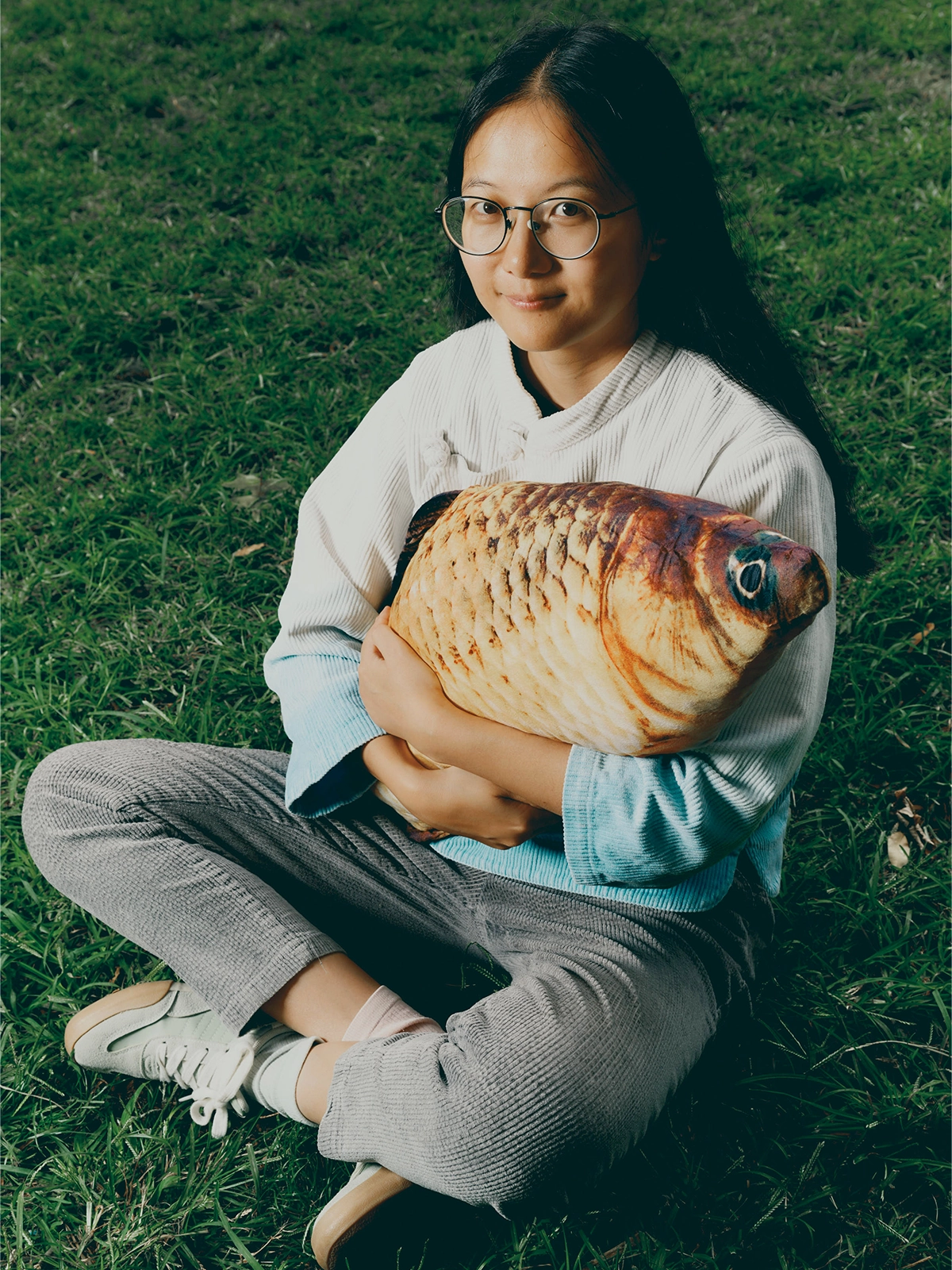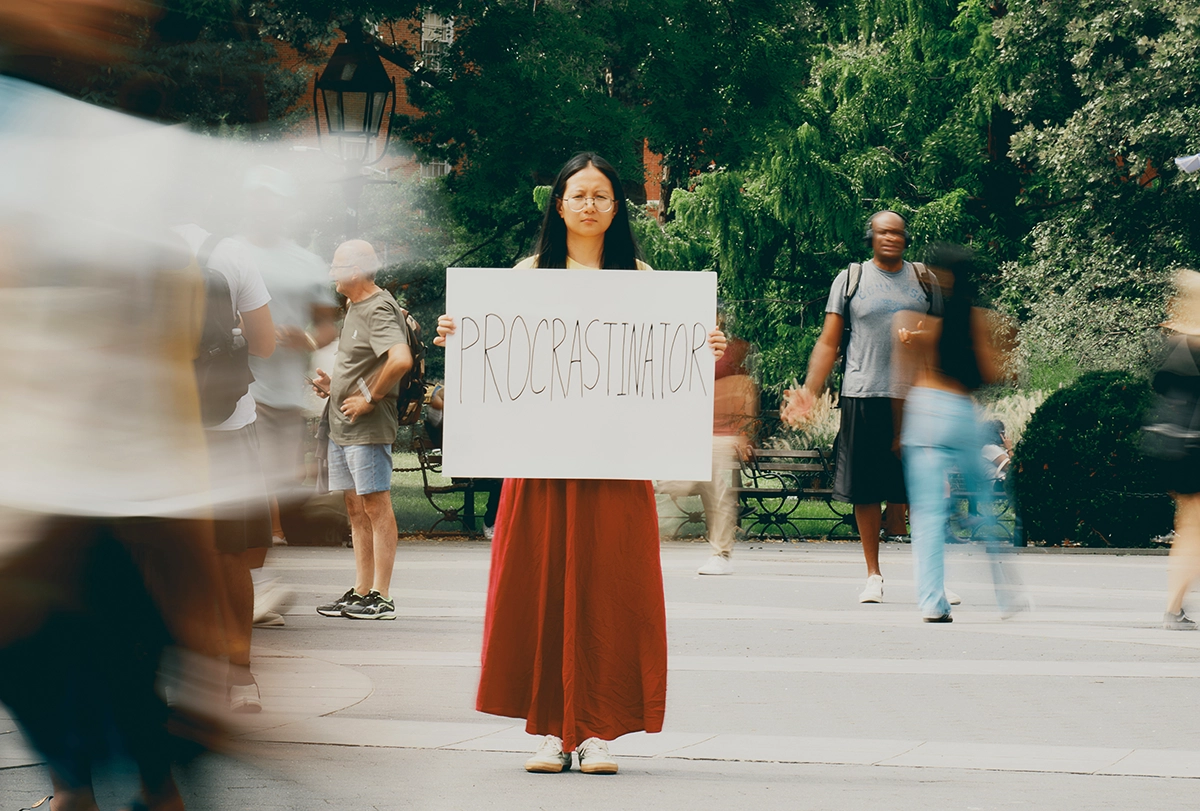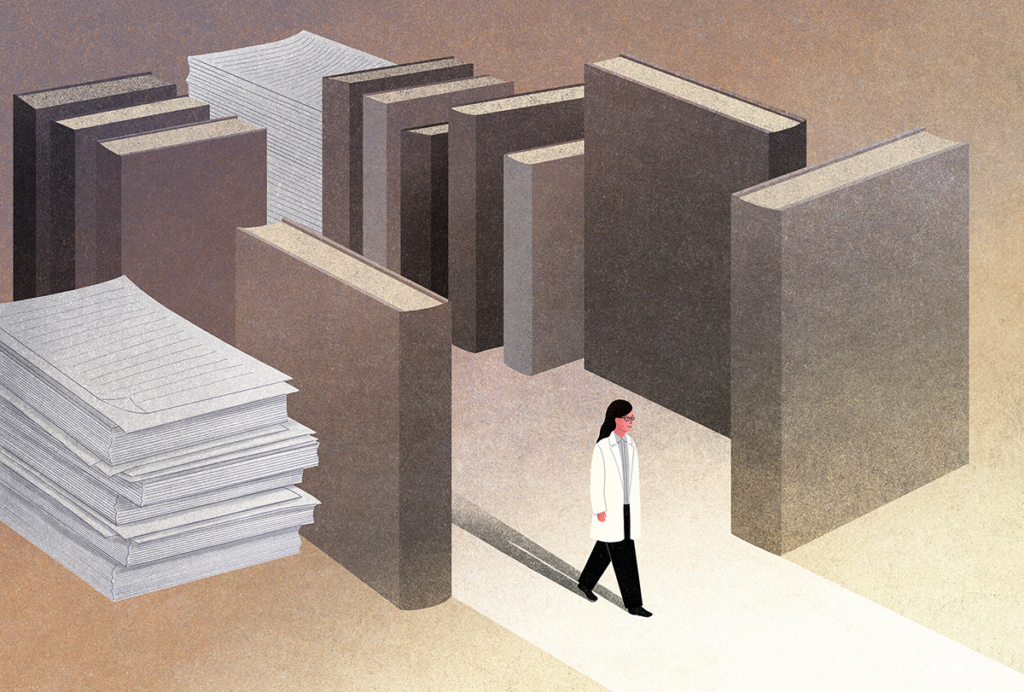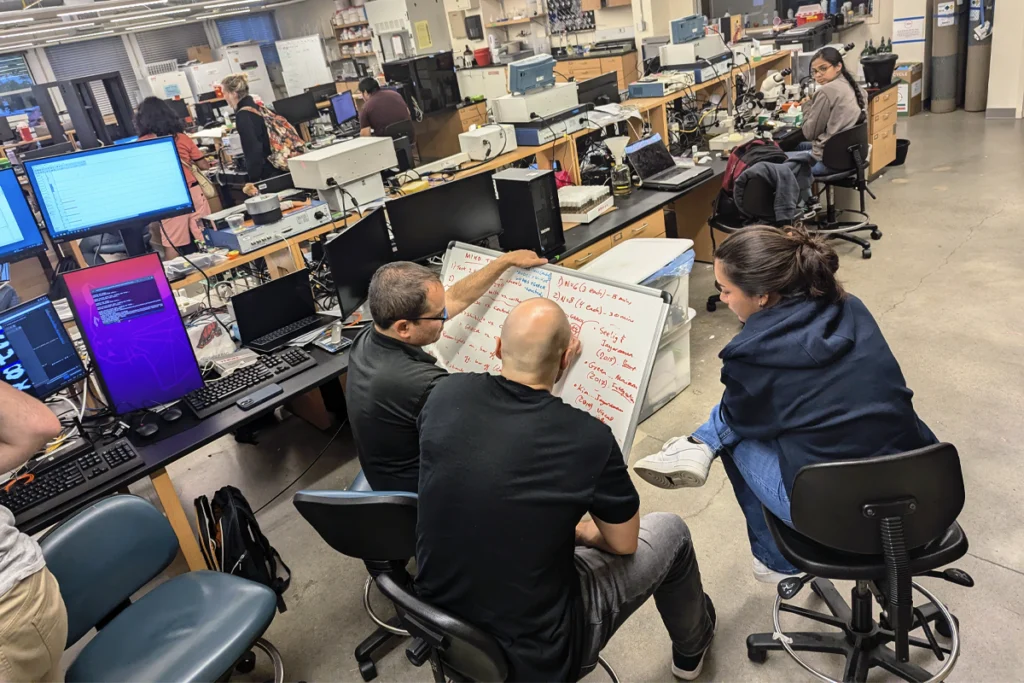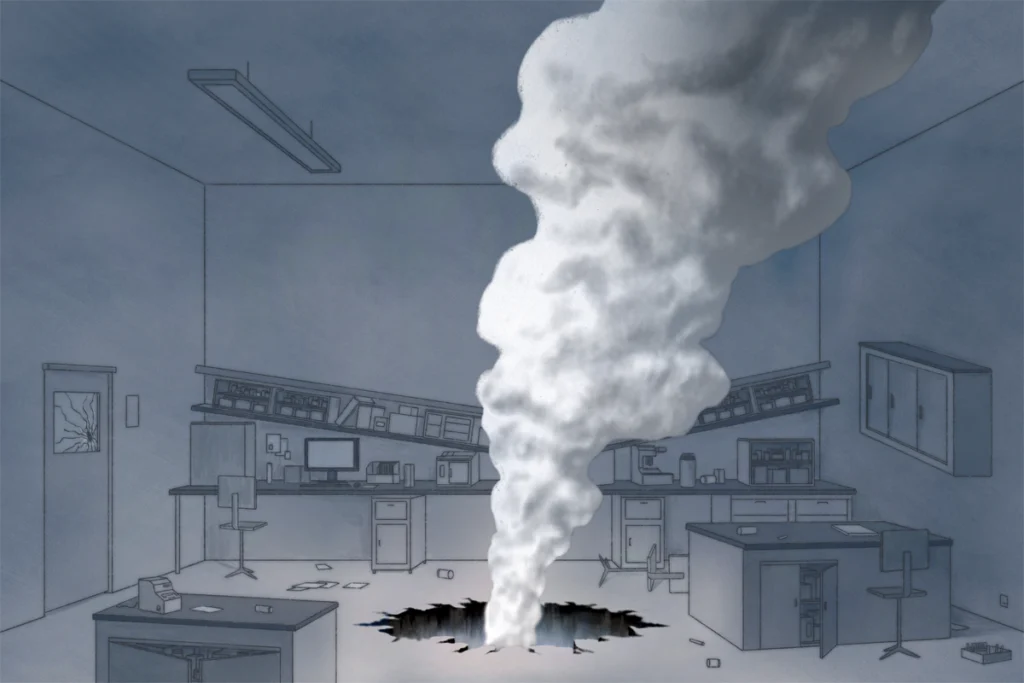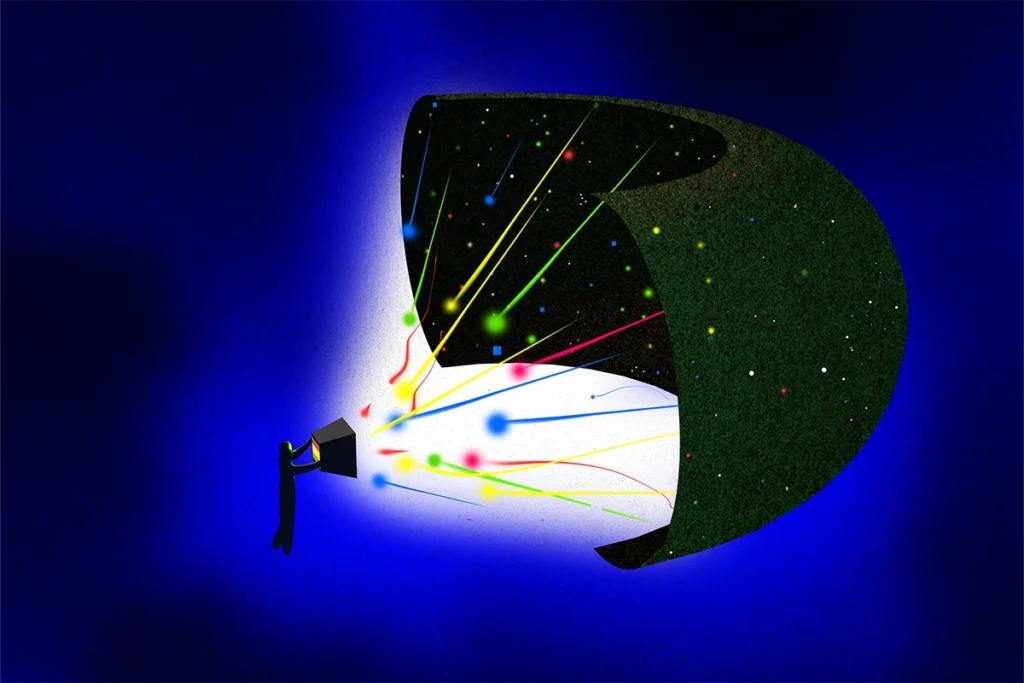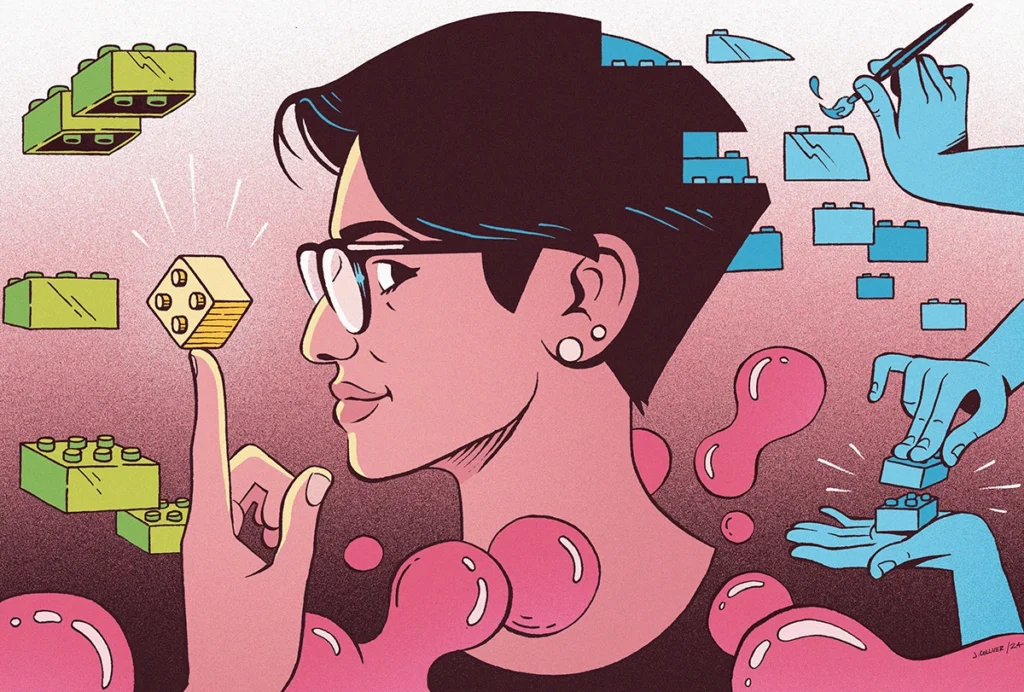TT: What was it like presenting as an amateur at Sheffield DocFest?
PZ: There was a screening of the film and a hosted Q&A. I felt very respected—and like my work was very respected—because the hosts watched the film and prepared really good questions.
The audience had really good questions, too—philosophical questions, like what’s the relationship between Tang and moneymaking, and what was the underlying motivation for him to have such a life? I really appreciate that, because the aim of my film is to help people have these conversations about the meaning of life.
TT: Did you share the response with Tang?
PZ: My husband recorded the whole Q&A session in Sheffield, because Tang could not come to the film festival. Afterward, I visited him in his cave in Dali and played him the Q&A session on my phone. One moment after the Q&A ends, tears came to his face. He told me that it was not because of any specific question; it was because of the atmosphere. It was the first time in his life that he felt seen and respected.
TT: How did your work on the documentary change how you think about the world?
PZ: People are always looking for the correct way to do science, and the correct way to write. In art, it’s very different; it’s free form. The philosophy of Tang is also very different in that way.
In the beginning, I was having trouble fully understanding him because of that difference. He just tries random things; he doesn’t really judge or measure or calculate what is possible this way versus that way. He would just say, “My spirit tells me to do it, and I don’t care whether it is correct.”
And he has a different perspective about the outcome of his business efforts. I interpreted his attempts as a failure: Some people rejected him; he failed in the collaboration. But he didn’t see it that way. He was like, “This is a temporary position, and it could be that something still happens in the future.”
TT: How did you manage to finish your Ph.D. while filming this documentary?
PZ: It was hard, but the good thing about being a scientist is that there’s a lot of flexibility. Sometimes I will be very intense and very focused on my science, and sometimes I want to take a break and switch my mind to something else, like my documentary. My thesis advisor [Ma] was very understanding of this.
It also helped that there is a 12-hour time difference between China and the USA. I could film for the documentary in the morning and then do my research at night.
TT: What are you working on next?
PZ: After the documentary festival, I went back to China to start my second documentary. I am profiling my friend. She is a poet and a painter with schizophrenia.
People with schizophrenia have distorted audio and visual perception, which can be a source of their creativity in their artistic work. They can see two kinds of worlds. They can suffer from hallucinations, but at the same time they can benefit from their distorted perception to be a little bit creative.
I want to use new forms of visual representation to mimic the distorted visions that my friend experiences. I couldn’t find materials online that could mimic those distortions—it was always a very simplified version, so I was inspired by an artificial-intelligence presentation at Sheffield to use new innovative audio and visual language to tell that part of the story.
I didn’t have the budget for a large team doing animations. But I know how to code, and I was using AI tools in my research, so I was influenced to try.
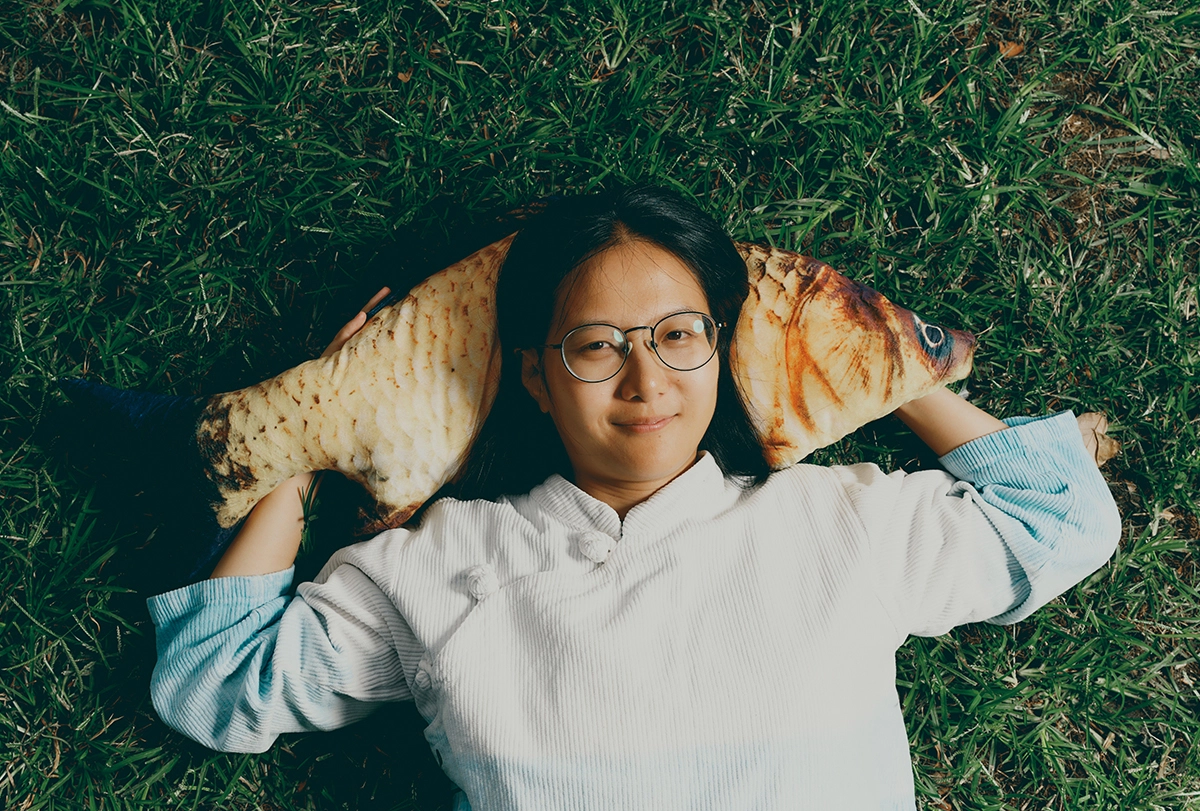
Big picture: Zhang says her film’s aim “is to help people have these conversations about the meaning of life.”
